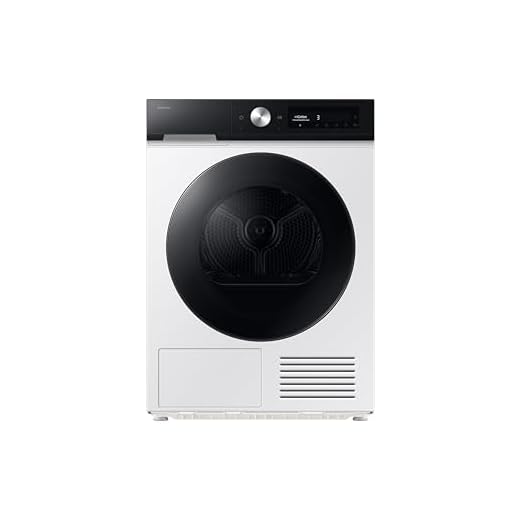




Doing laundry is a necessary chore that all of us have to tackle at some point. But there are so many myths and old wives’ tales out there about how to do laundry effectively. It’s time to separate fact from fiction and debunk these laundry myths once and for all.
Firstly, many people believe that using more detergent will result in cleaner clothes. This is actually not true and can be wasteful as well as harmful to your clothes. Using too much detergent can leave residue on your clothes and even damage the fabric in the long run. It’s important to use the recommended amount of detergent for each load.
Another common myth is that you need to wash your clothes in hot water to get them truly clean. While hot water can help with certain stains and kill bacteria, most everyday laundry can be done perfectly well in cold or warm water. Not only does this save on energy costs, but it also helps preserve the color and quality of your clothes.
Some people also believe that you should wash all your clothes together to save time and energy. However, this can lead to color bleeding and damage to delicate fabrics. It’s important to separate your laundry by color and fabric type to ensure that each item is properly cared for. Taking the time to sort your laundry will result in cleaner and longer-lasting clothes.
In conclusion, it’s important to separate fact from fiction when it comes to laundry. Using the right amount of detergent, washing your clothes in the appropriate water temperature, and sorting your laundry properly are all key to achieving cleaner clothes. Don’t fall for these common laundry myths and start taking better care of your clothes today.
Debunking Common Laundry Myths
Myth: Using hot water is always better for cleaning clothes.
Contrary to popular belief, using hot water for laundry is not always necessary or even beneficial. While hot water can help remove stains and kill bacteria, many of today’s laundry detergents are designed to work just as effectively in cold or warm water. Using hot water all the time can also damage delicate fabrics and cause colors to fade.
Myth: More detergent means cleaner clothes.
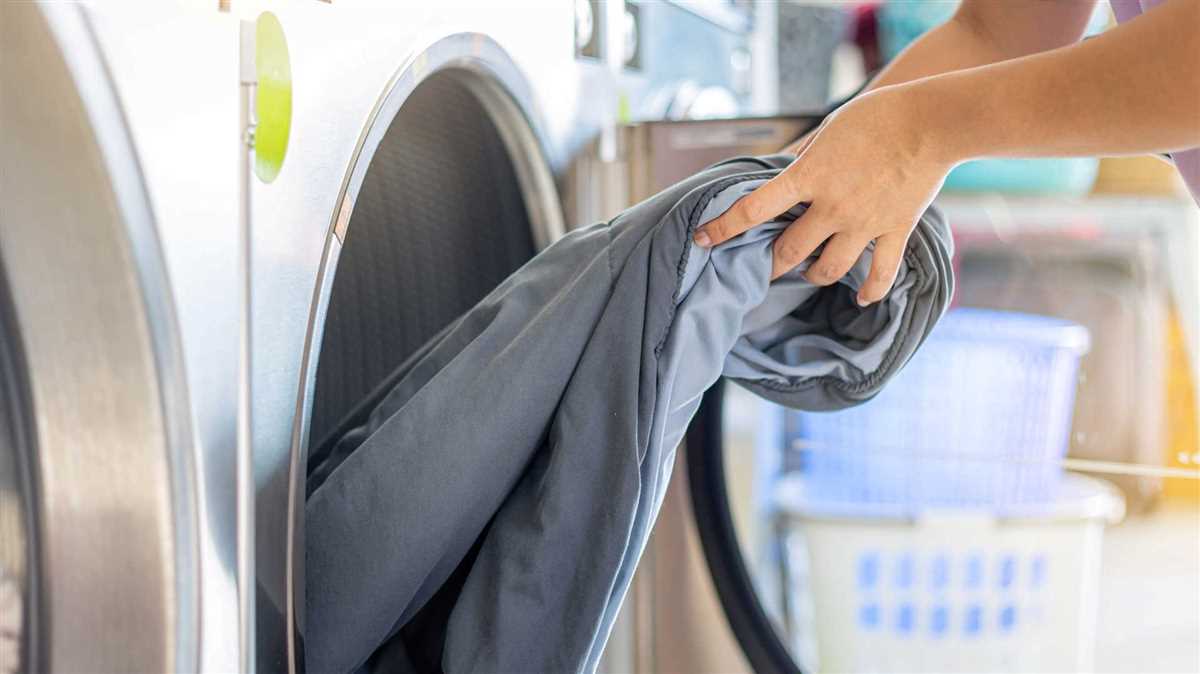
Using too much detergent can actually be counterproductive. Excess detergent does not get rinsed out properly and can leave a residue on your clothes, making them look dull and feel stiff. It can also lead to excessive sudsing, which can damage your washing machine.
Myth: Vinegar is the best fabric softener.
Vinegar has been touted as a natural fabric softener, but it may not always be the best choice. While vinegar can help remove odors and break down detergent residue, it can also cause colors to fade and weaken fabrics over time. It is best to use a dedicated fabric softener that is designed to be safe for both your clothes and your washing machine.
Myth: Dry cleaning is always necessary for delicate fabrics.
While many delicate fabrics require special care, not all of them need to be dry cleaned. Some fabrics can be safely hand-washed or even machine-washed using a gentle cycle and mild detergent. Always check the garment’s care label and follow the instructions provided.
Myth: Bleach is the best stain remover.
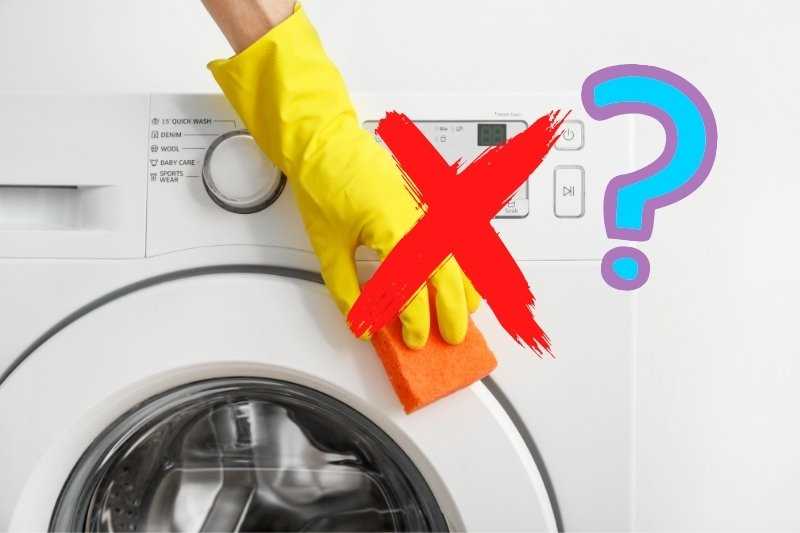
Bleach can be effective for removing certain stains, but it is not suitable for all fabrics and colors. Using bleach on colored garments can cause fading and discoloration. There are many alternative stain removal methods and products available that are specifically designed for different types of stains and fabrics.
Myth: Hanging clothes outside to dry is always better.
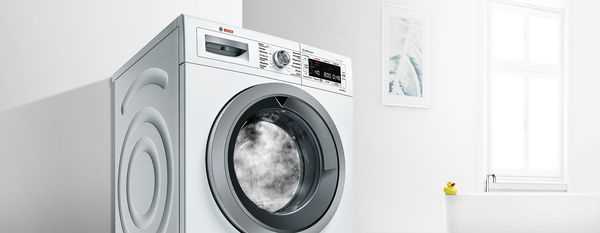
While hanging clothes outside to dry can be an eco-friendly option and can give your clothes a fresh scent, it may not always be practical or suitable. Sunlight can fade colors and prolonged exposure to the elements can damage delicate fabrics. If you do choose to hang your clothes outside, make sure to check the weather forecast and be mindful of the potential risks.
Myth: Dryer sheets are essential for softening clothes.
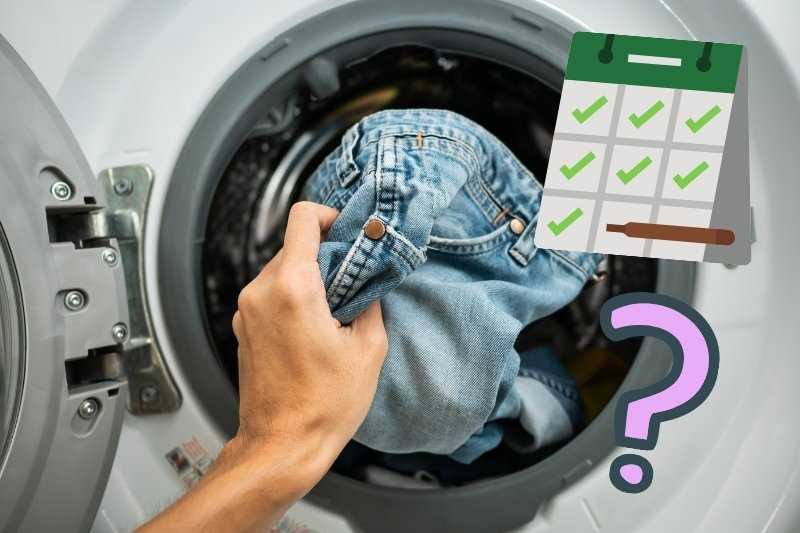
Dryer sheets can indeed make your clothes feel softer and reduce static, but they are not indispensable. There are other alternatives, such as wool dryer balls or liquid fabric softeners, that can achieve similar results without the use of disposable products.
Myth: Washing jeans inside out will prevent color fading.
Washing jeans inside out is often recommended to preserve their color, but it may not be necessary for all jeans. To minimize color loss, it is essential to use a gentle wash cycle, cold water, and a mild detergent specifically formulated for dark or denim garments.
Myth: Salt can prevent colors from bleeding.
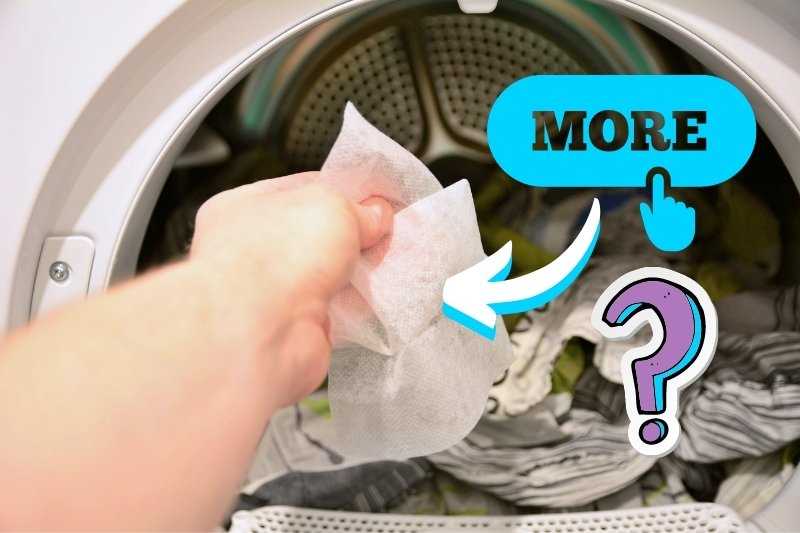
While adding salt to the wash might help prevent colors from bleeding, it is not a foolproof method. Salt does not work effectively on all fabrics and dye types. Instead, sort your laundry by color and wash similar colors together to prevent color transfer.
| Myth | Fact |
|---|---|
| Using hot water is always better for cleaning clothes. | Many detergents work just as effectively in cold or warm water. |
| More detergent means cleaner clothes. | Excess detergent can leave a residue and damage your washing machine. |
| Vinegar is the best fabric softener. | Dedicated fabric softeners are designed to be safe for your clothes and washing machine. |
| Dry cleaning is always necessary for delicate fabrics. | Some delicate fabrics can be hand-washed or machine-washed with care. |
| Bleach is the best stain remover. | There are many alternative stain removal methods and products available. |
| Hanging clothes outside to dry is always better. | Sunlight and the elements can damage fabrics and cause color fading. |
| Dryer sheets are essential for softening clothes. | There are other alternatives, such as wool dryer balls or liquid fabric softeners. |
| Washing jeans inside out will prevent color fading. | Using a gentle wash cycle, cold water, and a mild detergent is more important for preserving color. |
| Salt can prevent colors from bleeding. | Sorting laundry by color and washing similar colors together is a more effective method. |
Separating Clothes by Color Does Not Always Matter
One of the most common laundry myths is that you need to separate your clothes by color to avoid color bleeding or fading. While it is true that some fabrics are more prone to bleeding or fading than others, separating your clothes by color is not always necessary.
The first thing to consider is the quality of the fabric. High-quality fabrics are often more resistant to bleeding and fading, so you may not need to worry about separating them. However, if you are dealing with lower-quality fabrics or new clothes that have not been washed before, it is a good idea to separate them just in case.
Another factor to consider is the color intensity. Dark or vibrant colors are more likely to bleed or fade, so separating them from lighter colors is a good idea. However, if you have clothes in similar color shades, it may not be necessary to separate them.
If you are unsure whether or not to separate your clothes, you can always do a small test. Take a damp white cloth and rub it on a small, inconspicuous area of the clothing item you are unsure about. If the cloth picks up any color, it is a sign that the item may bleed and should be separated.
In addition to separating clothes by color, it is also important to consider other factors that can impact laundry results. For example, separating clothes by fabric type (e.g. cotton, polyester, delicate) can help ensure each item gets the appropriate care. Similarly, separating heavily soiled items from lightly soiled ones can prevent dirt or stains from transferring to other clothes.
Ultimately, the decision to separate clothes by color should be based on the specific fabrics, colors, and condition of your clothing. While it can be a good practice in some cases, it is not always necessary. Consider the factors mentioned above and tailor your laundry routine accordingly for the best results.
Hot Water is Not Always the Best for Stain Removal
Contrary to popular belief, hot water is not always the best option for removing stains from your clothes. While hot water can be effective for certain types of stains, it can actually set some stains permanently into the fabric.
When it comes to stain removal, it’s important to consider the type of stain and the fabric you’re dealing with. Hot water is most effective for removing greasy or oily stains, as it helps to break down the oils and remove them from the fabric. However, for other types of stains, such as protein-based stains like blood or sweat, hot water can actually cause the stain to set.
Instead of automatically reaching for the hot water, try cold or lukewarm water for stain removal. Cold water is ideal for protein-based stains, as it helps to prevent the stain from setting and makes it easier to remove. You can also pre-treat the stain with a stain remover or laundry detergent specifically designed for the type of stain you’re dealing with.
In addition to water temperature, it’s also important to consider the fabric you’re treating. Delicate fabrics like silk or wool are more prone to damage from hot water, so it’s best to stick to cold water or consult the care label for specific instructions. Always test any stain removal method on a small, inconspicuous area of the garment before treating the entire stain.
Remember, every stain and fabric combination is unique, so it may take some trial and error to find the best stain removal method for your particular situation. By being mindful of the type of stain, fabric, and water temperature you use, you can increase your chances of successfully removing stains and keeping your clothes looking their best.
Using More Detergent Does Not Necessarily Mean Cleaner Clothes
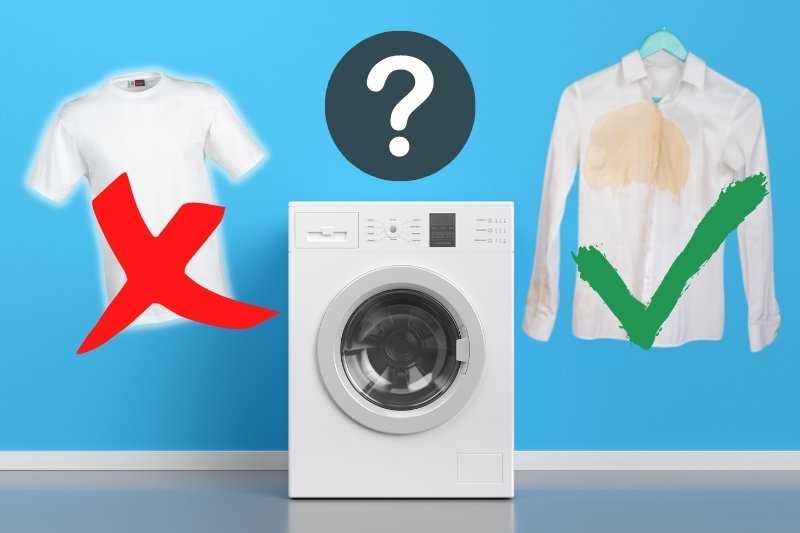
One common misconception when it comes to doing laundry is that using more detergent will result in cleaner clothes. However, this is not necessarily the case.
The truth is that using too much detergent can actually be counterproductive and lead to less clean clothes. When you use more detergent than what is recommended, it can create a buildup that gets left behind on your clothes. This can make them look dingy and dull, and can also cause them to feel stiff or crunchy.
Additionally, using excess detergent does not mean that your clothes will get any cleaner. Most detergents are formulated to work effectively with a specific amount of water, and using more than the recommended amount can actually make it harder for the detergent to dissolve and do its job properly.
Instead of using more detergent, it is important to focus on using the correct amount for your specific load size and soil level. You can usually find guidelines on the back of the detergent packaging or in the instruction manual for your washing machine. Following these guidelines will help ensure that your clothes come out clean and fresh without any leftover residue.
Furthermore, it is also worth noting that using too much detergent can have negative impacts on the environment. Excess detergent can end up in the water supply and contribute to water pollution. By using the correct amount of detergent, you can help minimize your impact on the environment.
Overall, the key to getting cleaner clothes lies in using the right amount of detergent, not in using more. By following the recommended guidelines and being mindful of your load size and soil level, you can achieve the best results for your laundry.
Drying Clothes Outside Does Not Always Make Them Smell Fresher
One of the common myths about laundry is that drying clothes outside will always make them smell fresher than using a dryer. While it is true that drying clothes outside can give them a pleasant scent, there are certain factors that can affect the freshness of the clothes.
Weather Conditions
The weather plays a significant role in how your clothes will smell after drying outside. If the weather is humid or damp, the clothes may not dry properly, resulting in a musty odor. Additionally, if there is pollution or strong odors in the air, your clothes may absorb those smells and not smell as fresh as you’d like.
Proper Drying Techniques
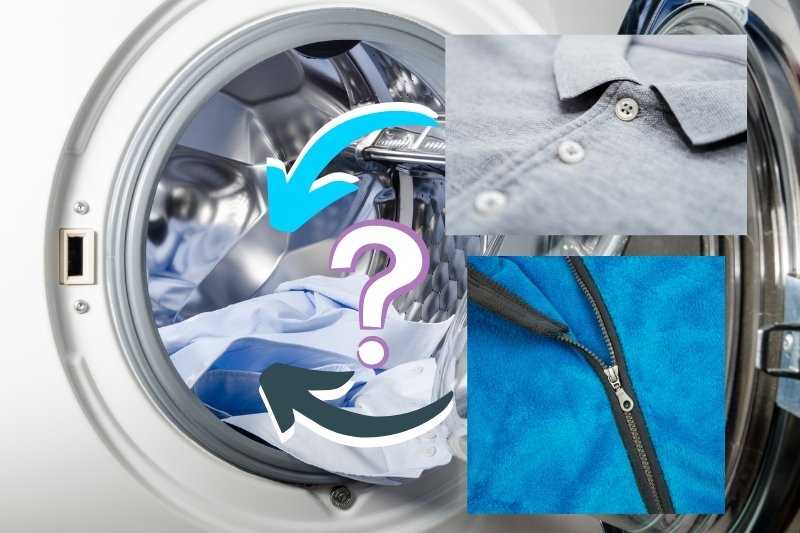
Even if the weather is ideal, the way you hang your clothes can affect their freshness. Hanging them in an overcrowded manner may prevent proper air circulation, causing them to develop a damp smell. It’s essential to give each garment enough space and ensure they are hung loosely to allow air to flow freely.
Indoor Drying Alternatives
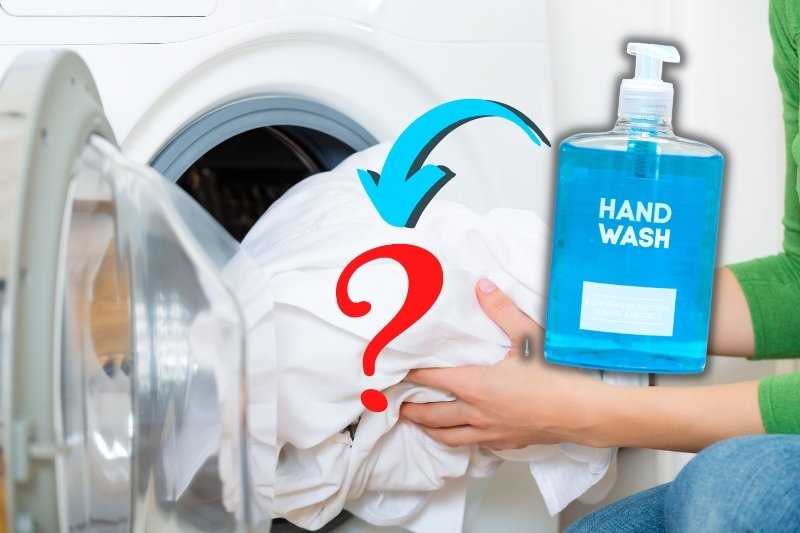
If drying outside is not an option or you’re unhappy with the results, there are indoor alternatives that can help you achieve fresh-smelling clothes. Investing in a quality tumble dryer with a vent or using a drying rack near an open window can be effective. Additionally, using fabric softeners or dryer sheets can add a pleasant scent to your clothes.
In conclusion, drying clothes outside doesn’t always guarantee fresher-smelling laundry. Factors such as weather conditions and proper drying techniques can influence the odor of your clothes. Exploring indoor drying alternatives and using additional products can help you achieve the desired freshness.
Using Bleach on All Whites Can Actually Cause Damage
Many people believe that using bleach on all white clothes is the best way to keep them bright and clean. However, this is actually a common laundry myth that can lead to damage.
Bleach is a potent chemical that can be very effective at removing stains and whitening fabrics. However, it can also weaken the fibers of your clothes if used incorrectly.
Here are a few reasons why using bleach on all whites can cause damage:
- Weakens fabric: The harsh chemicals in bleach can weaken the fibers of your clothes, especially if they are delicate or made of natural materials. This can lead to holes, tears, or an overall decrease in the lifespan of your garments.
- Fades colors: Bleach is designed to remove color, so using it on colored garments or fabrics with patterns can cause them to fade or become discolored.
- Stains or spots: If bleach is not thoroughly rinsed out of your clothes, it can leave behind stains or spots that are difficult to remove.
- Health risks: Bleach is a strong chemical that can irritate your skin, eyes, and respiratory system. It can also release toxic fumes when mixed with certain other substances.
Instead of using bleach on all your white clothes, consider these alternative options:
- Use a gentler whitening agent, such as hydrogen peroxide, baking soda, or lemon juice.
- Soak your whites in a mixture of vinegar and water before washing to help remove stains and brighten the fabric.
- Choose a laundry detergent specifically formulated for whites, which can help remove stains and keep your whites looking bright.
In summary, using bleach on all white clothes can actually cause damage rather than keeping them clean and bright. Consider using alternative methods to maintain the longevity and appearance of your whites.
FAQ
Can I mix different types of laundry detergent?
It is not recommended to mix different types of laundry detergent as they have different formulations that may not work well together and could result in ineffective cleaning.
Is it better to use cold water for all laundry loads?
Using cold water for laundry loads is great for saving energy, but certain items, such as heavily soiled or stained clothes, may require warm or hot water for optimal cleaning.
Does adding more laundry detergent make clothes cleaner?
No, adding more laundry detergent does not necessarily make clothes cleaner. In fact, using too much detergent can leave residues on clothes and make them feel stiff or uncomfortable.
Should I air dry all of my laundry?
Air drying is a convenient and energy-saving option, but certain items, like towels or jeans, may benefit from using a dryer for fluffing and softening.
Is it necessary to separate clothes by color?
It is generally recommended to separate clothes by color to prevent color bleeding, especially with new or bright garments. However, some modern detergents are designed to prevent color bleeding, reducing the need for strict color separation.
Can washing clothes in hot water kill all bacteria and germs?
No, washing clothes in hot water does not kill all bacteria and germs. While hot water can help to remove some bacteria, it is not guaranteed to kill them all. To effectively kill bacteria and germs, it is recommended to use a disinfecting agent or bleach during the laundry cycle.
Will adding more detergent make clothes cleaner?
No, adding more detergent does not necessarily make clothes cleaner. In fact, using too much detergent can leave a residue on clothes and make them appear dull and faded. It is important to follow the recommended dosage of detergent for your specific laundry load, taking into account factors such as water hardness and soil level.



